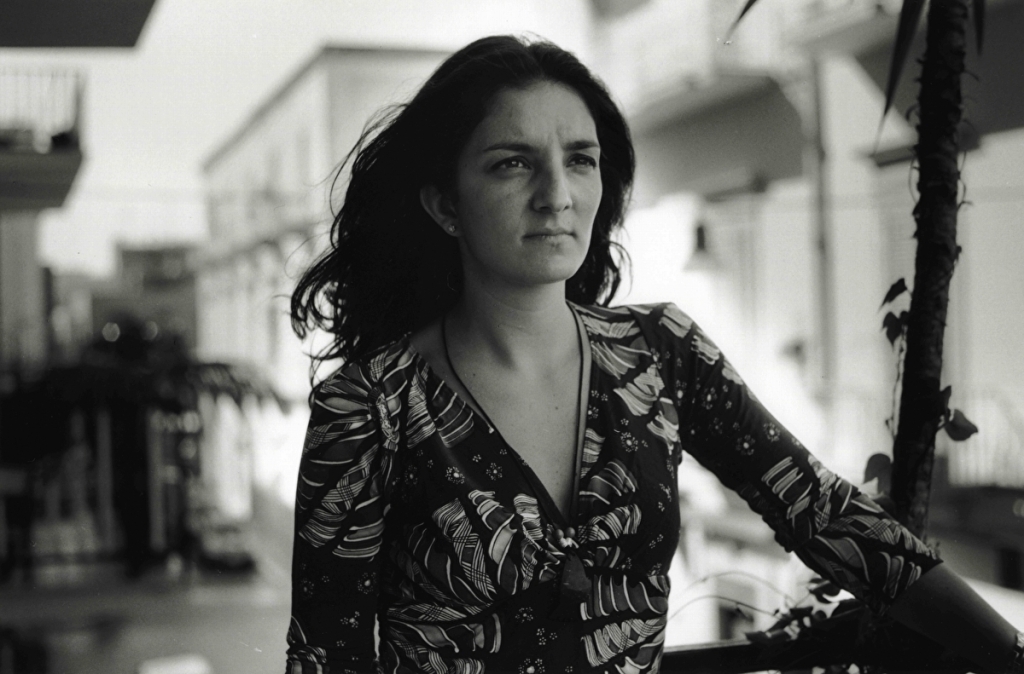Frequency of Touch: the Making of Motherhood
Frequency of Touch: the Making of Motherhood
Every morning for 12 years a mother brushes her daughter’s hair and in her lifetime replaces the cap on a milk bottle opened by someone else 28,000 times, tenderly touches her son’s arms 49,167 times – in what ways can such repetitions of care be understood as labour and what are the implications of defining them as care?
ReadPreceded by a screening of Ninna Nanna | Dir. Margaret Salmon | 2007 | 8mins 16sec this interactive talk explores Helen Charman’s research into motherhood as a political concept in the UK from the 1970s to the present day that serves to emphasise its varied and constructed nature. Our experiences are not determined by nature as conservative interpretations argue – in fact our societal decisions integrally shape the forms and possibilities of motherhood. Multiple understandings of motherhood have been shaped both out of the evolving demands of our capitalist economy and by defiant/feminist revisions of mothers themselves. This session focuses in on the mutual aid practices of early and DIY feminist movements in the UK that attempted to shift and radicalise care and kinship away from the domain of the nuclear family.
Helen Charman is a writer, academic and poet based in Glasgow, Scotland. Her book, MOTHER STATE, social history of motherhood in Britain and Northern Ireland from 1973 to the present day, will be published by Allen Lane (Penguin) in 2023. She finished her AHRC-funded PhD, on maternity and capitalism in nineteenth-century fiction, in 2019, and is a Teaching Fellow in the Department of English Studies at Durham University; she is also part of a doctoral supervisory team at Glasgow School of Art. Her writing can be found in THE WHITE REVIEW, the GUARDIAN, POETRY REVIEW, ANOTHER GAZE, the STINGING FLY, the BAFFLER, FRIEZE, and elsewhere. She is on the editorial board at MAP magazine.
Born in 1975 in Suffern, New York, Margaret Salmon lives and works in Glasgow, Scotland. She creates filmic portraits that weave together poetry and ethnography. Focusing on individuals in their everyday activities, her films capture the minutiae of daily life and infuse them with gentle grandeur, touching upon universal human themes. Adapting techniques drawn from various cinematic movements, such as Cinema Vérité, the European Avant Garde and Italian Neo-Realism, Salmon’s orchestrations of sound and image introduce a formal abstraction into the tradition of realist film. Margaret Salmon won the first Max Mara Art Prize for Women in 2006. Her work was shown at the Venice Biennale in 2007 and the Berlin Biennale in 2010 and was featured in individual exhibitions at Witte de With in Rotterdam and Whitechapel Gallery in London among others.
On her film Ninna Nanna, Salmon has said: “My intention is to portray 3 different women in various stages of early motherhood, each a fictional testimony of everyday ups and downs. The triptych celebrates a universal tenacity and grace in the domestic activities of the 3 subjects while acknowledging the contradictions between popular iconography of motherhood and the reality of child rearing.”

